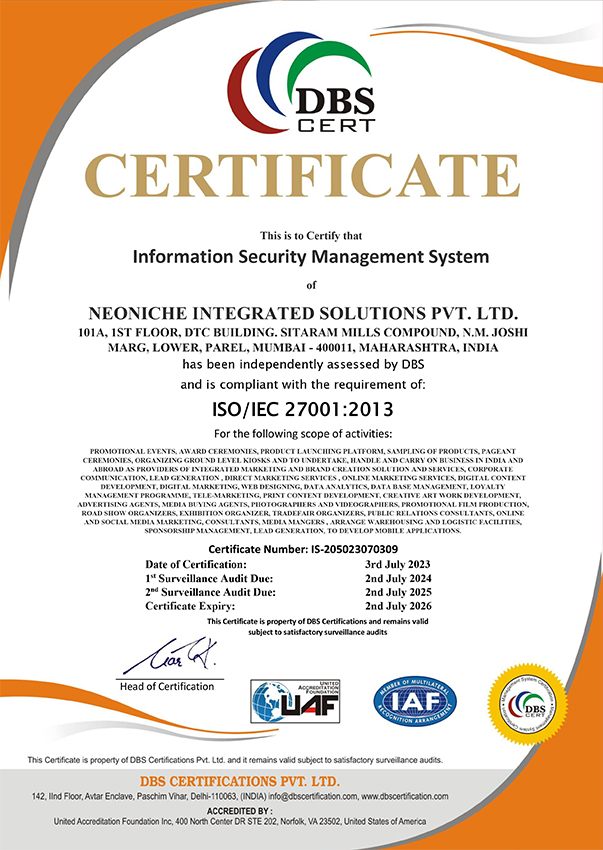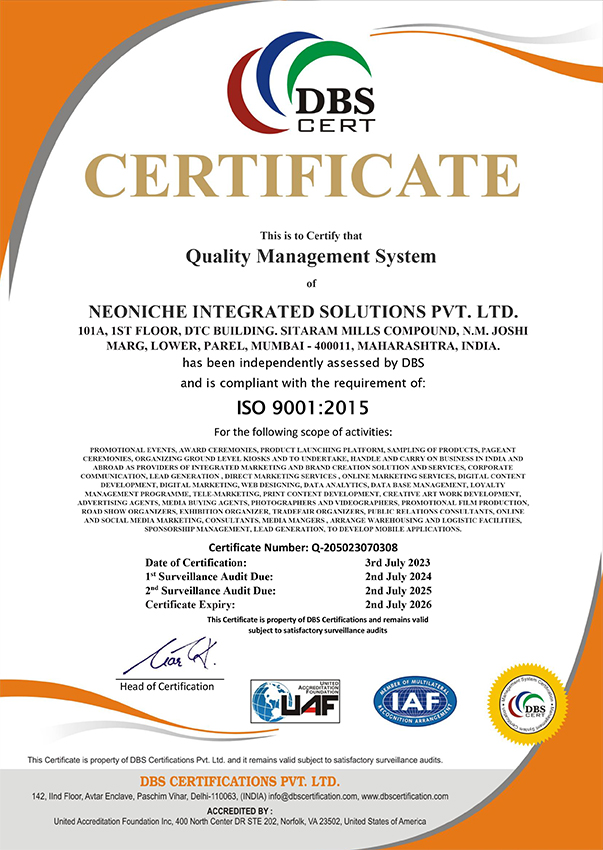AI can help event organizers in several ways, from personalized recommendations to real-time analytics. One of the most significant benefits of AI is the ability to personalize the event experience for attendees. By analyzing attendee data, such as job titles, interests, and behaviours, AI-powered systems can provide personalized recommendations for sessions, exhibitors, and networking opportunities. This leads to a more engaging and relevant experience for attendees, which in turn can lead to better attendance and engagement.
AI can also help event organizers make more informed decisions by providing real-time analytics on attendee behaviour. This can include data such as which sessions are most popular, which exhibitors are getting the most traffic, and which attendees are most engaged. By analyzing this data, organizers can make data-driven decisions to improve the event experience, such as adjusting schedules or reallocating resources.
Another significant benefit of AI in event management is the ability to automate routine tasks, such as customer service or scheduling. AI-powered chatbots can handle routine customer service tasks, such as answering frequently asked questions or providing directions, freeing up staff to focus on more complex tasks. AI can also analyze attendee availability to create optimal schedules, reducing conflicts and maximizing attendance.
Now, let’s take a look at some examples of AI-powered event management in action. Grip is an AI-powered event matchmaking platform that uses machine learning algorithms to suggest relevant exhibitors and attendees to each other. The platform analyzes attendee data, such as job titles and interests, to make personalized recommendations. DoubleDutch is another AI-powered event app that provides real-time analytics on attendee behaviour and includes a chatbot for customer service.
Event Genius is an AI-powered event management system that includes ticketing, access control, and cashless payments. The system uses predictive analytics to forecast attendance and revenue and provides real-time data on sales and attendance. Finally, Bizzabo is an AI-powered event management platform that includes features such as event websites, ticketing, and on-site event management. The platform uses machine learning to analyze attendee data and provide personalized recommendations for sessions and exhibitors.
In conclusion, AI-powered event management is an exciting development that can help organizers create more engaging and efficient events. By providing personalized recommendations, real-time analytics, and automation of routine tasks, AI can improve the event experience for organizers and attendees alike. As AI technology continues to grow, we can expect even more innovative solutions in the events industry.


